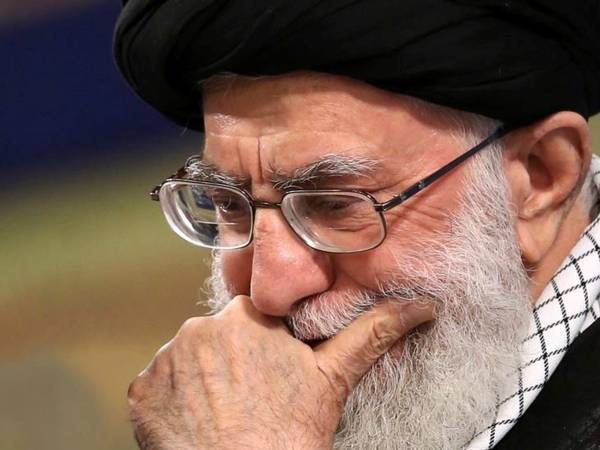A prominent Iranian analyst, often referred to as an expert on US affairs, says political threats against Tehran are changing and taking a military form.
Mehdi Motaharnia, told Didban Iran website on June 18 that threats coming particularly from the US Central Command (CENTCOM) in the region are no longer political in nature and can be characterized as military.
Speaking in the cryptic language of Iranian analysts, Motaharnia added that "these threats are coming through Israel's security tunnel." He added that Tel Aviv's moves are becoming increasingly elaborate and that they can change the situation in the region and push it toward a collision.
Motaharnia said indications show that a military confrontation is not only "possible" but "probable".
He argued that US President Joe Biden's upcoming visit to Saudi Arabia is meant to tackle the Arab-Israeli problem and bring about meaningful strategic changes, including bringing Saudi Arabia closer to Israel. All this, he said will have serious repercussions for Iran.
In fact, Israel this week called for a regional alliance against Iran under the aegis of the United States.
It could also lead to Iran's further isolation and create an anti-Iranian alliance. Motaharnia said that a Gulf Cooperation Council meeting will be also held during Biden's visit to the region, and this is likely to lead to a regional order against Tehran.
Meanwhile, the former editor of hardline daily Kayhan, Mehdi Nasiri also said on the same day that the Islamic Republic is moving toward a war.
Nasiri wrote in an article: "Evidence including the suspension of nuclear negotiations in Vienna and the escalation of tensions between Tehran and the International Atomic Energy Agency (IAEA) might indicate that the Islamic Republic is interested in war and such a war is likely to start."
Nasiri added: "If such a war starts, it could lead to major humanitarian and economic catastrophe for Iranians who still have not recovered from the scars of the 8-year war with Iraq in the 1980s."
Nasiri warned Islamic Republic officials that this war is in contradiction with Iran's national interests and that they have no right to impose such a conflict on the people even if they believe it would be an anti-imperialist move. "They have no right to start a war based on ideological and religious justifications without first seeking the consent of the Iranian people."
In a blunt statement by someone living in Iran he said: "While clerics and others in the government are living an aristocratic life, they have no right to impose war and aggression on the people and bring about poverty and misery with the pretext of resistance."
Nasiri added that if leaders believe most Iranians support an aggressive and belligerent foreign policy, they should prove this by holding a referendum.
The warnings about the Islamic Republic's interest in a probable war come while according to a report published by reformist daily Sharq, there is no consensus among Iranian and US officials whether "an agreement is within reach," or all the chances for a deal have been lost.
The report said that the realities on the ground point to the fact that currently there is no chance for a deal, adding that during the past 10 days since the IAEA Board of Governors condemned Iran's lack of cooperation with the agency and Iran’s reaction to the IAEA resolution have been discouraging. The report stressed that chances for an agreement have been practically reduced to nil.
Sharq's report said, "The nuclear agreement (JCPOA) is dead, but the Raisi administration lacks the courage to bury it."
